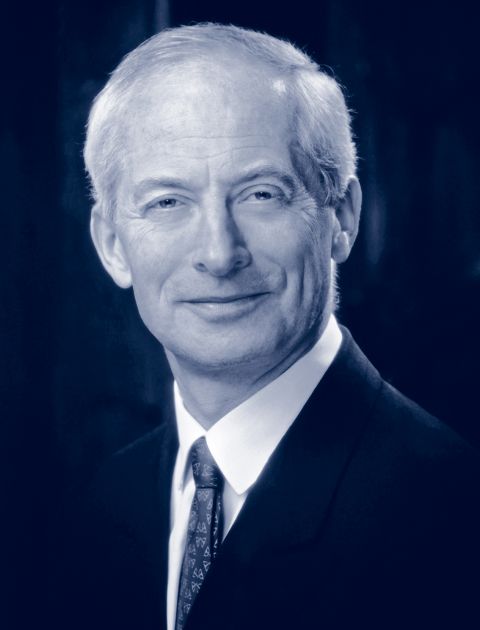About the Foundation
Welcome

It gives me great pleasure to welcome you to the site of the Liechtenstein Foundation for State Governance. State governance has been a matter of considerable interest and concern to me personally and to the Princely House of Liechtenstein. The lack of real, measurable and verifiable knowledge transfer at all levels of state governance has led to many serious problems worldwide.
I am convinced that our Foundation can make a significant difference for the benefit of stable and healthy states and their societies. I invite you to visit our site, which contains extensive information on our Foundation, and to contact our staff in Vaduz with any questions or comments.

Hans-Adam II
Prince of Liechtenstein
Founder and Honorary Chairman
Foundation Goals
The Liechtenstein Foundation for State Governance has identified the absence of important know-how requisites in important areas of state governance as one of the main reasons for unstable and dysfunctional conditions worldwide, and has made it its primary objective to address these shortcomings systematically and sustainably by ensuring that know-how is passed on to the appropriate people in a manner that provides them both the necessary understanding and the tools to apply the newly gained know-how. This transfer of sustainable and applicable knowledge to local decision makers as well as the general public in countries worldwide forms an essential pillar of the Foundation's effort to allow states to control and determine their own political, economic and financial destiny and development based on independent capacity building and know-how. Successful knowledge transfer is a necessary condition and an effective tool for the prevention of prevalent forms of state failures.
Foundation Mission Statement
The Foundation's purpose is the transfer of knowledge in essential areas of state governance. This is accomplished through a proprietary methodology of a special Platform with modules that provide knowledge and understanding in vital fields of public education, capacity building, state infrastructure (legislation, administration) and executive implementation.
Motivation and Purpose
The Foundation's Mission Statement and its activities are a response to many years of misguided development and education efforts by national and multinational development agencies as well as educational and philanthropic institutions. Over the past decades, these efforts have failed to provide meaningful, measurable and sustainable results, because the prevailing rhetoric of emphasis on education was not followed up with tangible and well-structured initiatives, always ceding ground to some other short-term needs or falling victim to simple disinterest. As a result, critical areas of state governance have suffered from a significant lack of local professionals and decision makers who have the capacity, integrity, knowledge and understanding to promote, make and execute decisions that are in the best interest of the particular country, taking its political, economic, historical and social realities into account. The absence of such professional capacity has also prevented the continuous enlargement of the knowledge base, leading to diminished public awareness in important sectors, such as deficient financial literacy among the general population even in the most basic economic matters. The compound effect of such persistent development failures on states worldwide has been profound, leading to poor integration rates of populations in many critical public areas and to the absence of a “stakeholder” mentality among citizens.
Mediation
The Foundation provides mediation support within and among countries engaged in conflict, including de-escalation initiatives, communication assistance, and the facilitation of track-two and track-three diplomacy efforts. In such activities, the Foundation is at all times guided by humanitarian values and committed to non-political and non-partisan principles.
The Foundation maintains full neutrality and independence from governmental policies and considerations.
